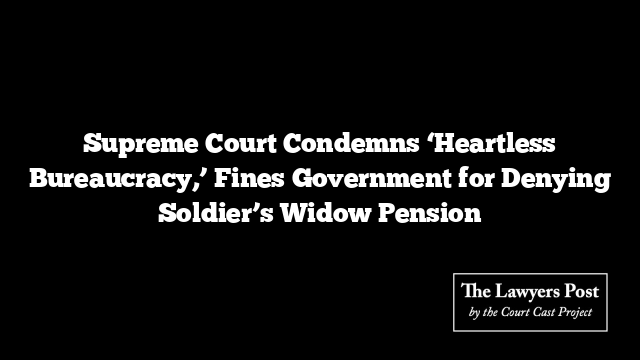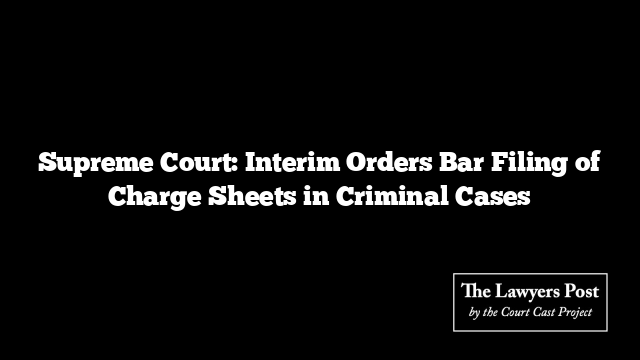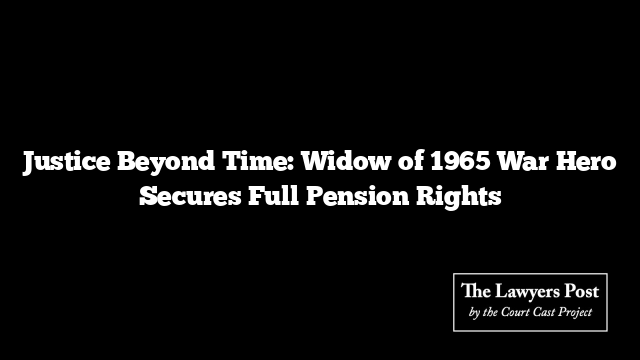In a scathing rebuke, the Supreme Court rejected the government’s challenge to a tribunal’s ruling that granted a Liberalised Family Pension (LFP) to Saroj Devi, the widow of Naik Inderjeet Singh. Singh, a soldier who died during an Area Domination Patrol near the Line of Control (LoC) in 2013, had initially been classified as a “battle casualty” before his death was controversially reclassified.
The bench, led by Justice Abhay Oka and Justice Augustine George Masih, slammed the decision to drag Devi to court, calling it an act devoid of compassion. “The widow of a soldier who died in harness should never have been forced to fight for her rightful dues,” the Court declared. A fine of ₹50,000 was imposed on the government, with the justices insisting that the decision-making authority had failed in its duty to show empathy.
From Patrol to Tragedy
Naik Singh joined the Indian Army in 1996 and was serving near the LoC under Operation Rakshak when he succumbed to cardiopulmonary arrest during a grueling night patrol in extreme weather conditions. His death was initially recognized as a “battle casualty,” entitling his family to enhanced benefits. However, subsequent bureaucratic revisions downgraded his classification, prompting Devi to seek justice.
The Armed Forces Tribunal ruled in her favor in 2019, directing that she receive the LFP and a one-time ex-gratia payment applicable to battle casualties. Despite this, the Union of India appealed, citing procedural interpretations of defense pension rules.
Legal Tangles and the Court’s Verdict
Government counsel argued that Singh’s death fell under the “physical casualty” category, which does not qualify for LFP benefits under the Ministry of Defence’s 2001 directives. However, the Court disagreed, emphasizing that Singh’s death, caused by exposure to extreme climatic conditions during a patrol in a conflict-prone zone, fell under “war-like situations.”
The bench cited Army Order 1 of 2003, which includes deaths from harsh climatic conditions near the LoC as “battle casualties.” It reinforced that “war-like situations” encompass more than active combat, applying to Singh’s circumstances.
A Call for Accountability
The Court dismissed the government’s appeal and upheld the tribunal’s decision, instructing immediate implementation within three months. It also mandated the government to pay the fine within two months, signaling a firm stance against insensitivity in cases involving military families.
In its closing remarks, the Court reminded the authorities that justice isn’t just a matter of legal interpretation but of humanity, particularly when it concerns those who’ve sacrificed for the nation.





